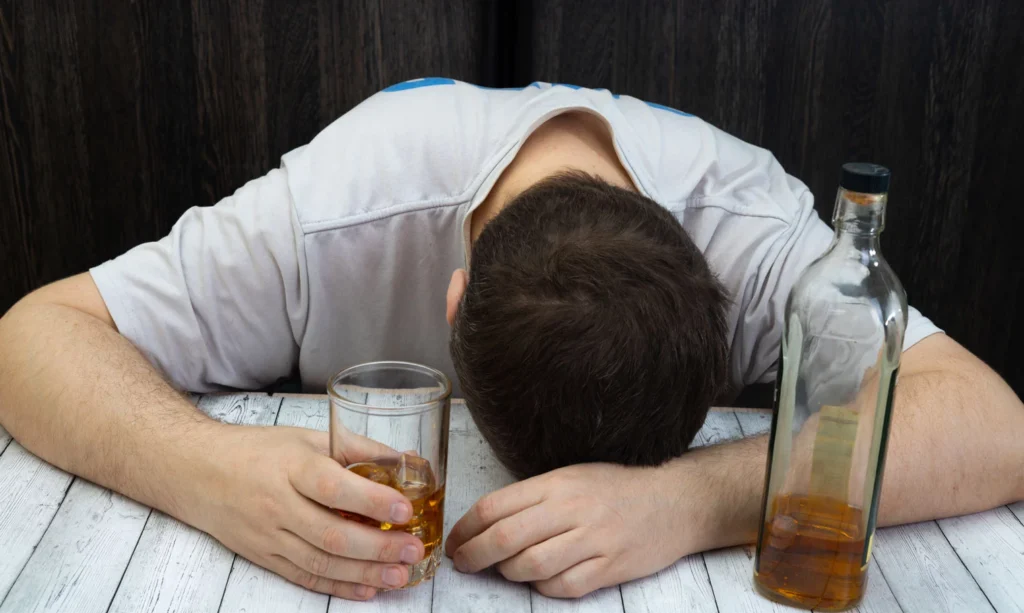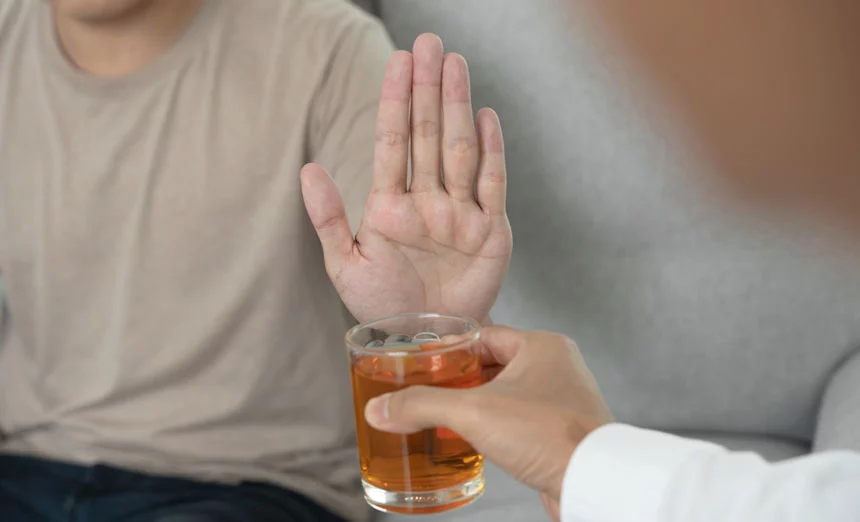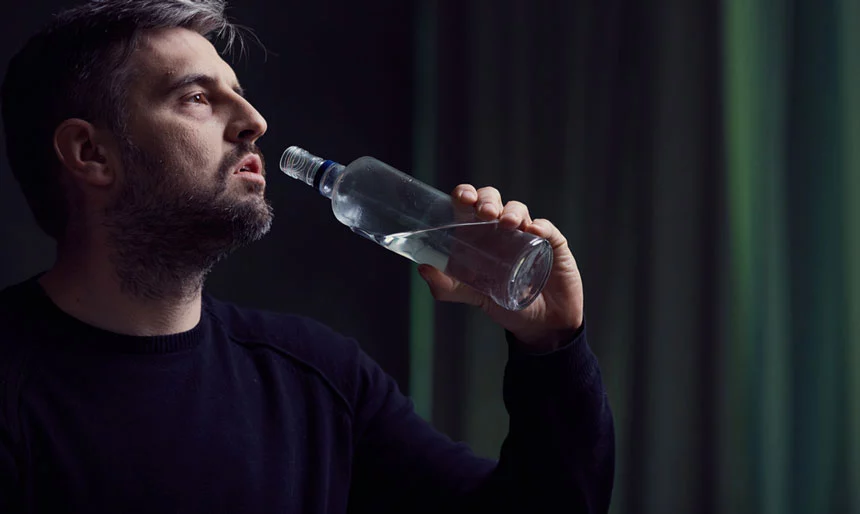What are the 7 Signs of Complacency In Recovery from Addiction?
Table of Contents
- What are the 7 Signs of Complacency In Recovery from Addiction?
- 1) No Longer Participating in Forms of Continued Recovery
- 2) Romanticizing Past Substance Abuse
- 3) One Last Time (Is a Relapse)
- 4) Relapse is One Bad Decision Away
- 5) Becoming Distant From Support Network
- 6) More Easily Stressed or Overcome by Emotions
- 7) Exhibits Relapse Behaviors
- Plus 3 Tips for Recovering Addicts to Stay Sober
- Get Help for a Loved One with Rehab After a Relapse
- Medically Reviewed By
When it comes to having a long-lasting recovery, getting treatment at an alcohol or drug treatment center is just one step of the journey. In reality, there are many components of recovery in much the same way as there are many pieces to a puzzle.
After getting out of rehab, an individual must become accountable for his or her sobriety, ensuring that he or she doesn’t relapse back to substance abuse by implementing an effective recovery plan that utilizes useful resources for those who’ve gotten sober.
This can mean finding an addiction recovery community or participating in aftercare therapy, counseling, twelve-step groups, and a variety of other means for preventing relapse. But even so, remaining sober after rehab is much easier said than done.
After a period of time after rehab, it’s not uncommon for people to begin feeling tempted to revert back to their prior substance abuse. Fortunately, there are a number of signs that an individual could have either begun using again or is at risk of using again.
The following are seven signs of complacency in recovery that can warn of relapse and are a call to change your actions!
1) No Longer Participating in Forms of Continued Recovery
Recovery is an ongoing way of life, not a task that gets checked off a person’s to-do list. This is one mistake that people make when they’ve overcome an addiction; they become complacent and stop moving forward or participating in their recovery as much as they had before, leaving them vulnerable to using again.
Additionally, this can be a major sign that a person is considering returning to substance abuse. If that’s not the case, not participating in one’s recovery puts a person at significantly greater risk in the event that he or she would be confronted with one of his or her triggers.
Once complacency takes hold, this can lead to a slippery slope where the individual can forget all of effort and the progress they have made, and end up using again.
2) Romanticizing Past Substance Abuse
After overcoming an addiction, many people look back on their period of prior substance abuse and mainly realize all their mistakes and bad things that they did, and all the ways that they brought unnecessary hardships on themselves.
This causes them to feel a sense of peace and relief once they’ve become acclimated to recovery, feeling like they’ve freed themselves from a major burden. However, when a recovering addict begins to romanticize or glorify prior substance abuse, there’s a strong chance that he or she is thinking fondly of actual alcohol or drug abuse.
In this situation, there’s immense danger that the individual has either already started using again or could potentially start using again, and it can be difficult to stay sober and committed to their new life in recovery once this happens.
3) One Last Time (Is a Relapse)
One of the most common fallacies of thought in recovery is when people begin thinking that they would be able to use one last time without losing control. At this point, an individual has clearly begun to think in much the same way that he or she thought at the very earliest stages of substance abuse.
The misconception is that abusing alcohol or drugs can be a casual endeavor, something that the individual can enjoy occasionally without losing control and becoming fully addicted. This kind of thinking in which the individual believes he or she could use just “one last time” is incredibly dangerous and makes a person incredibly likely to relapse to active substance abuse
4) Relapse is One Bad Decision Away
After getting out of rehab, one of the most important things a person needs to do is essentially do an overhaul of their life. This means severing ties with any friends or relations that are still abusing alcohol or drugs, staying away from places that one might associate with prior substance abuse, and so on.
This is an incredibly important part of preparing for long-lasting recovery because the individual is removing things from his or her life that could pose a very direct threat to his or her sobriety. But when a recovering addict begins returning to these places and/or rekindling relationships with current substance abusers, there’s an increasing likelihood that he or she may eventually rekindle old habits as well.
While this may be more of a risk during the early recovery period, anyone can grow complacent, no matter how long they have been sober for. It is important for those in recovery to continue to improve their lives, and seek support if they are struggling to stay sober.
5) Becoming Distant From Support Network
A support network is widely believed to be one of the most essential components of a successful, long-lasting recovery plan. By definition, a support network consists of all the people — family members, spouses, parents, siblings, close friends, colleagues, and so on that are aware of the individual’s history of substance abuse, the status of his or her recovery, and are actively supporting or encouraging the individual as he or she continues to remain sober.
When a recovering addict begins keeping a distance from the people in his or her support network, there’s clearly going to be some sort of underlying reason for keeping those people at bay. In many cases, this could mean that the recovering addict is aware of his or her changes in behavior or lifestyle and doesn’t want his or her support network to become aware of them, too.
6) More Easily Stressed or Overcome by Emotions
There are many reasons why people resort to substance abuse, but one of the most common is as a means of coping with stress or difficult feelings. Additionally, the use of alcohol and drugs as a coping mechanism is one of the most difficult aspects of an addiction to overcome.
When the person can learn more effective alternatives, there’s a great chance he or she can overcome this disease and remain sober. But when he or she is exhibiting high levels of stress and frequent overwhelming emotion, there’s a strong possibility that he or she could resort to self-destructive coping methods. Those behaviors are one of the more obvious signs of a relapse.
7) Exhibits Relapse Behaviors
Like many of these other signs of relapse, when recovering addicts begin exhibiting behaviors for which they were known during active addiction, there’s an increased likelihood that they’ve either returned to their former substance abuse or are at risk of doing so.
This can include being emotionally distant, flaking on prior obligations and responsibilities, and other such behaviors. If there doesn’t seem to be an obvious reason for why these behaviors have returned, the next likely explanation would be that there’s been a return to active substance abuse.
Plus 3 Tips for Recovering Addicts to Stay Sober
For those who are having trouble staying sober, you do not have to suffer alone. There are several professional treatment services that can help address your concerns and keep you on track with your recovery.
If you have already completed a professional treatment program or are otherwise unable to participate in these services, there are several other methods that you can use to help you stay sober, including:
1) Practice Self-Care
One of the most important things to remember in recovery is that time heals, and while things may feel difficult in the present, the recovery process will gradually become easier. Practicing simple self-care exercises can make a world of a difference during your recovery.
Basic practices such as light exercise, maintaining good hygiene, giving yourself a clean and organized space, and maintaining a balanced diet can be a great way to ensure that you do not become complacent in your recovery.
2) Find a Recovery Community
It can be hard to admit that you are struggling, especially due to the heavy stigma that surrounds addiction. Fortunately, there are several communities available to help connect you with others who are on their own recovery journeys. This may include groups like Alcoholics Anonymous (AA) and other secular alternative organizations.
By regularly attending meetings, you can achieve a new level of connection with others who have gone through similar experiences as you, and no longer feel alone on your recovery journey.
3) Practice Mindfulness
One of the best ways to completely change your mindset towards the recovery process is to practice mindfulness. By taking the time to acknowledge the world around you and express gratitude for the good in your life, it becomes easier to stay positive and committed to your sobriety.
Writing in a journal, meditation, yoga, breathing exercises, and various other ways of staying mindful are all examples of simple practices you can do daily to keep yourself on track with your recovery.
Get Help for a Loved One with Rehab After a Relapse
If you notice any of these signs of a relapse in yourself or a loved one, our addiction helpline is only a call away. Whether it’s day or night, we’re always available to help you or your loved one begin the path to lasting recovery.
All calls to Find Addiction Rehabs are strictly confidential, and we are able to help each and every caller with resources or a facility matched to you or your loved one’s needs and circumstances. So reach out now to get options following relapse!
Brandon is a highly skilled content writer and behavioral health marketer with over a decade of experience. In his own words: in my work with Find Addiction Rehabs, I have dedicated my expertise to a cause close to my heart – substance abuse recovery. Through my passion for the field, I’ve successfully compiled a track record of crafting compelling content that educates, inspires, and supports those on their recovery journeys.






